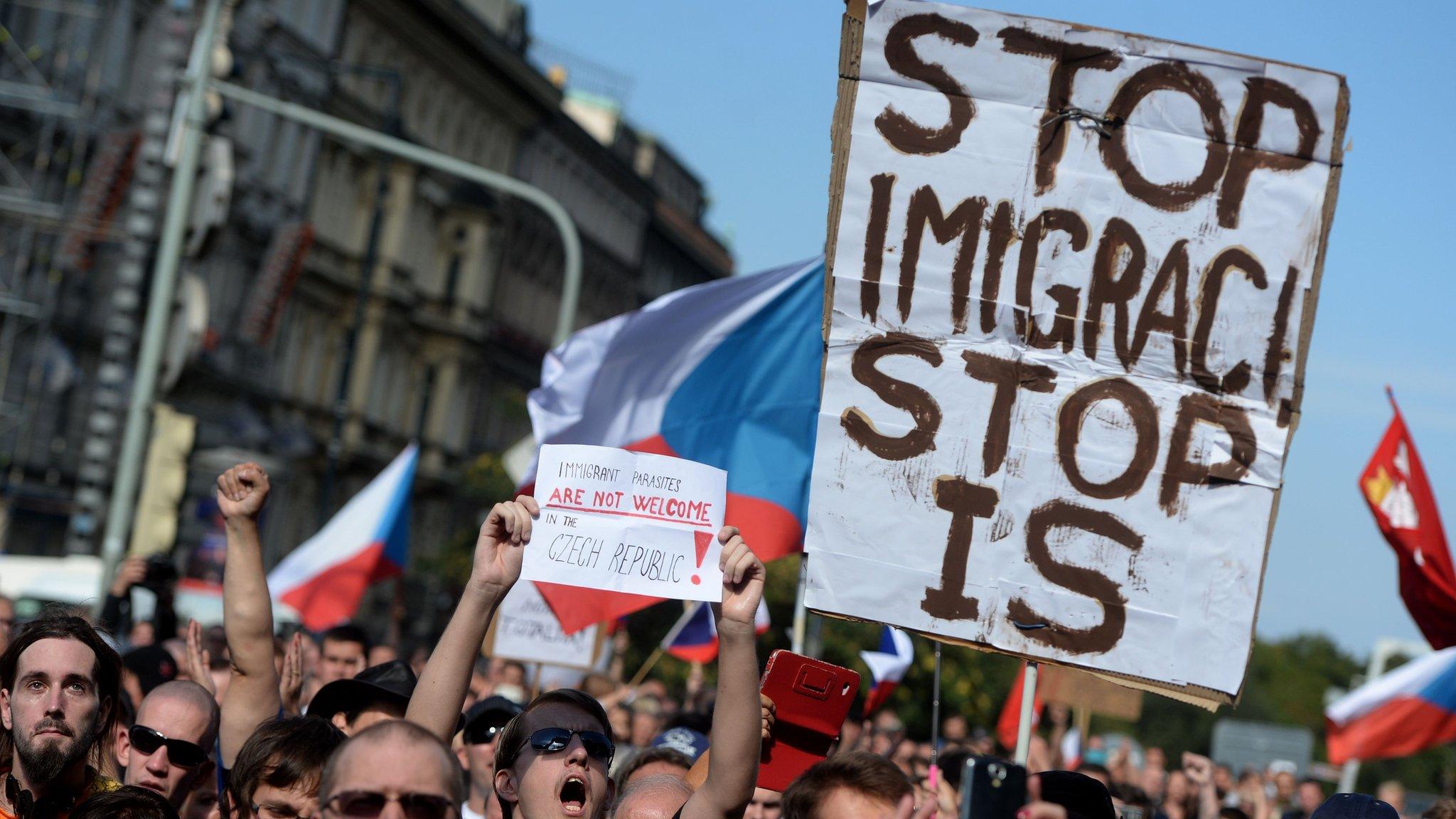The asylum seekers, migrants and refugees in search of legitimacy
- Published
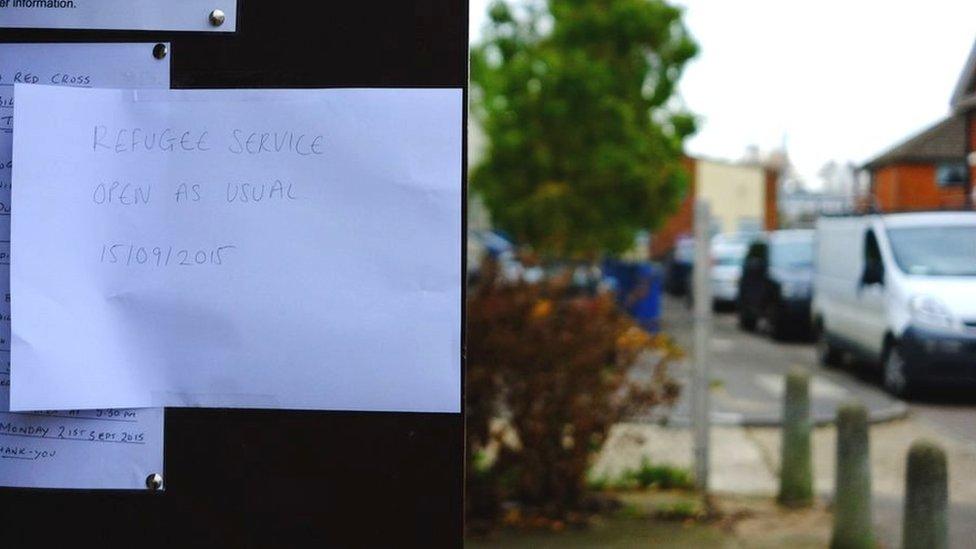
The asylum seekers, migrants and refugees at the Red Cross centre said they wanted "to show we are just people" but were too afraid to be identified
About 500,000 migrants are estimated to have arrived in Europe so far this year. The welcome they receive can vary widely. Some who have made their way to England say they think it would help if they could tell their stories but they cannot do so because they are scared to show their faces.
This is the scene. The BBC arrives at a Red Cross refugee drop-in centre with a large camera and a long furry microphone. Is anybody willing to go on camera to speak about their experience of being a refugee, asylum seeker or migrant? The room quickly empties. Not one is willing to bare their face to the camera.
Their refusal is part of the asylum seeker story, a story which unfolds around a table only when the cameras are put away.
Speaking out, they say, rarely works out well for them. They fear repercussions either from officialdom or from those who may wish them harm.
They want "to show we are just people, to show our humanity" but are too afraid to show their faces.
Some visiting the refugee service in Essex - which is run on a "no questions asked" basis - are destitute, able neither to claim benefits nor work legally.
They feel they are "un-people" in search of legitimacy,
Here are a small handful of England's off-the-grid asylum seekers, some of whom have been in the UK for years, and the people who work to help them.

In hiding
"I am in hiding at the moment," said one of the younger women, originally from Nigeria. "I never thought my life will be like this."
"I came to this country to study as a student. At the moment I am an overstayer."
Ineligible for state funds, she had been supported by her partner. They have since split up.
"I am a single mother now. It is really difficult. Sometimes I don't eat. I make the best of what little I have and try to make my baby comfortable."
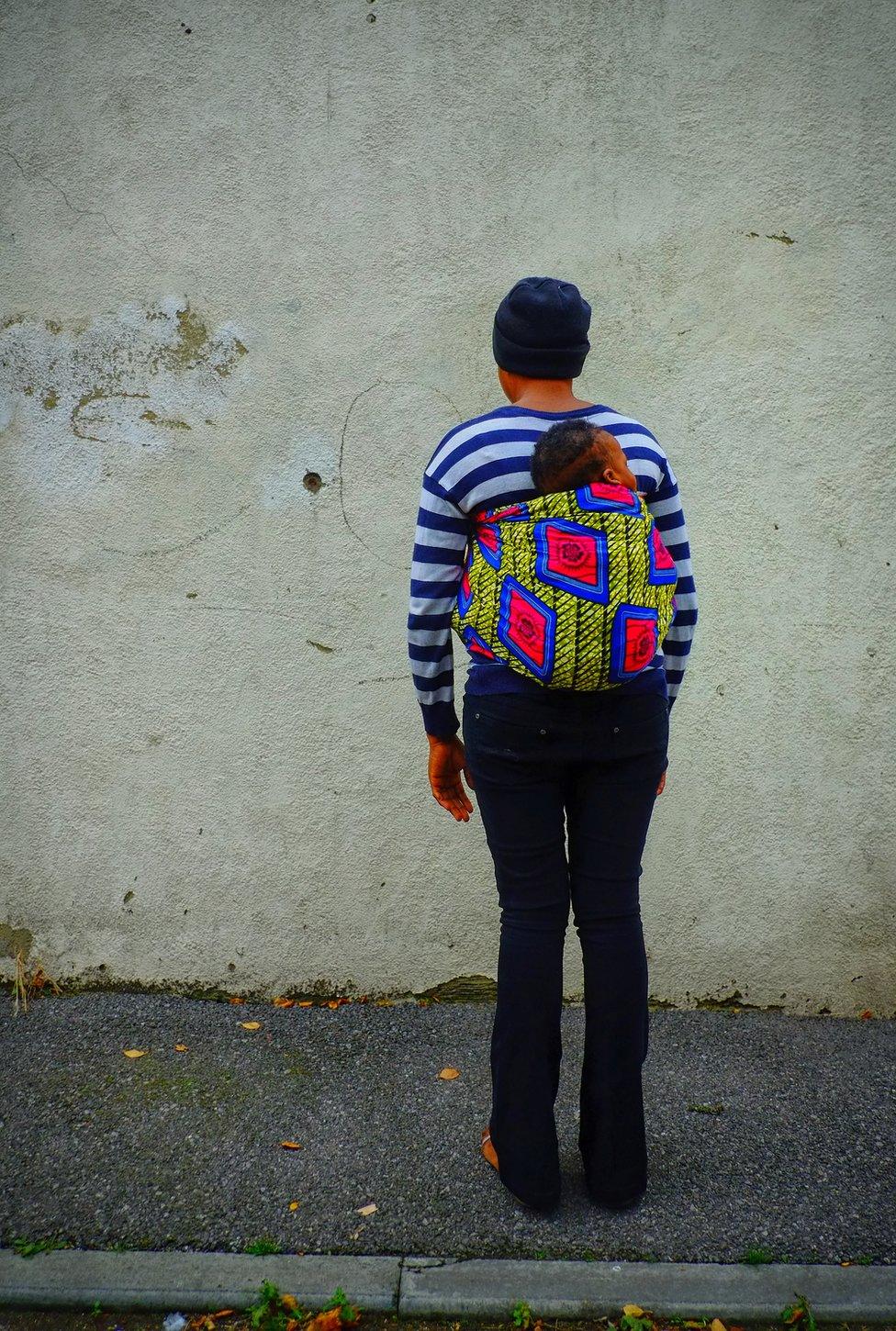
This woman is currently living 'off the grid' after she was refused leave to remain in the UK
She said she was entirely dependent for food and clothing on the Red Cross.
With no relatives back in Nigeria any more, she said she wanted to remain in the UK to give her son a better future.

Safe haven
Tricia Earp, operations director for Red Cross in Bedfordshire, Hertfordshire and Essex, said: "Many have left family and friends and sometimes very good jobs."
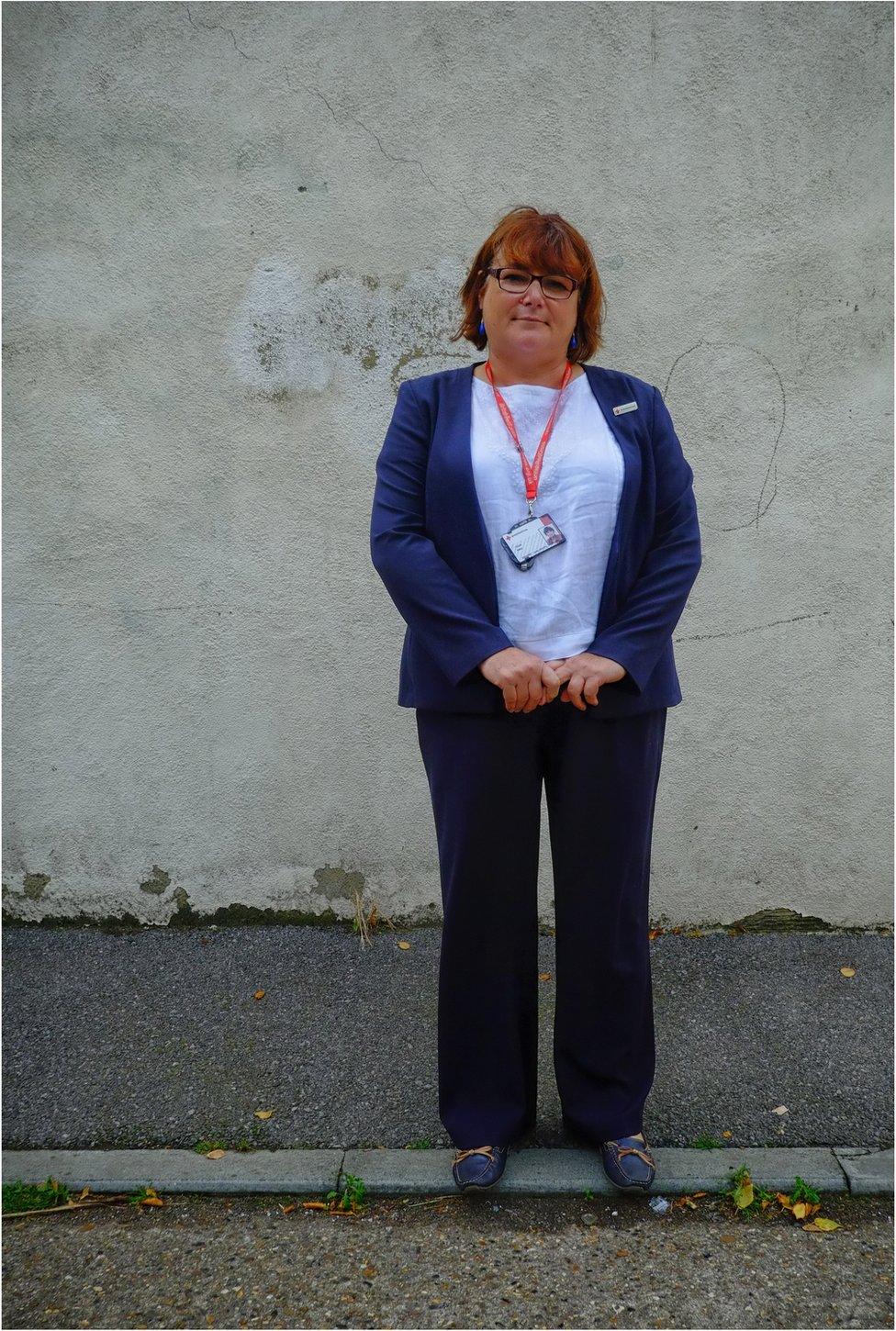
Tricia Earp, co-ordinator at the Red Cross
"They fled war and persecution and came here for a safe haven.
"Many of them cannot go back to their country of origin. They are in a sort of limbo."

On foot
In broken English, one of the asylum seekers told how she fled Eritrea first by foot into Sudan because of "very hard" politics, the death of her mother and brutal treatment at the hands of other family members.
"Every day was cry, cry, cry, cry. So another country I go."
She arrived, by boat, in the UK in 2011. She now has a child.
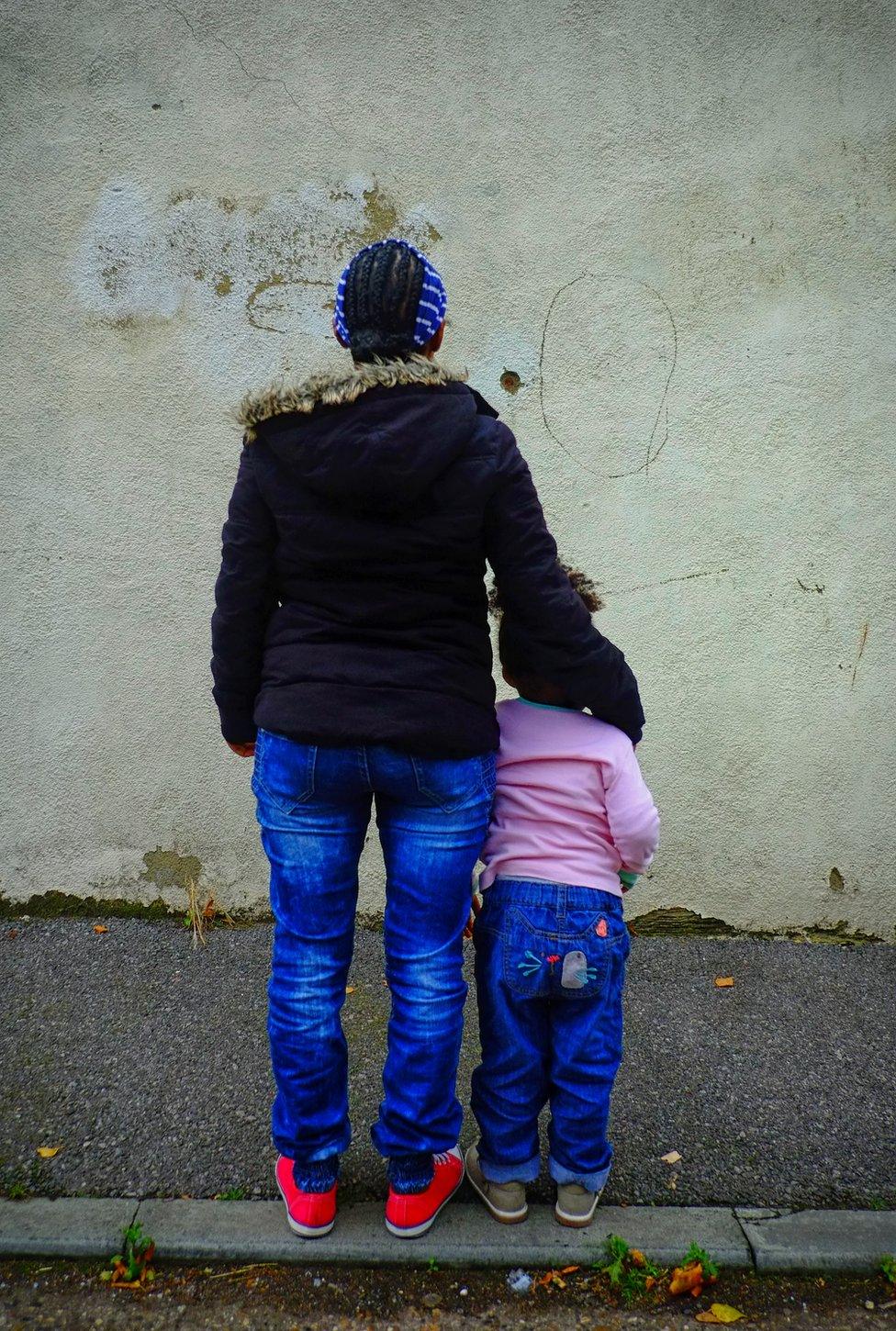
This woman fled Eritrea first for Sudan and then to Europe by boat and through France before arriving in England in 2011

Mixed reactions
"The view of the general public is to be frank is mixed," says Ms Earp. "I think recently it has really changed.
"People are more supportive now because they see the fear that people have fled from. The scenes we have seen on the news make people realise asylum seekers and refugees flee for a reason."
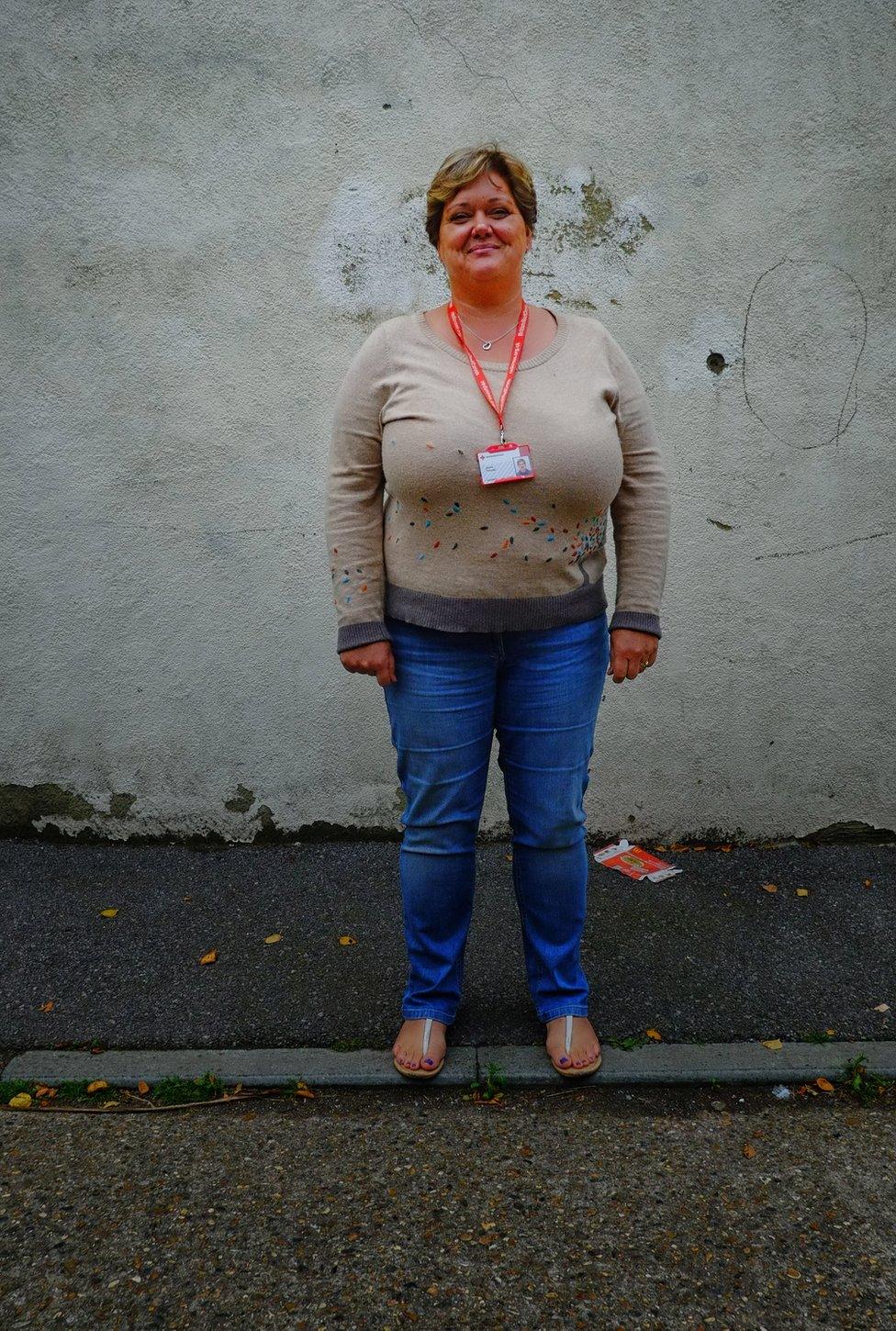
Red Cross worker Janine Thomas

Make us legitimate
One of the youngest women at the centre had arrived in the UK as a child from west Africa.
She has no paperwork to prove which country she is from. Nor does she have permission to remain in the UK.
"I am stateless," said the woman. "We are illegitimate people, unpeople. Make us legitimate and we'll show our faces."
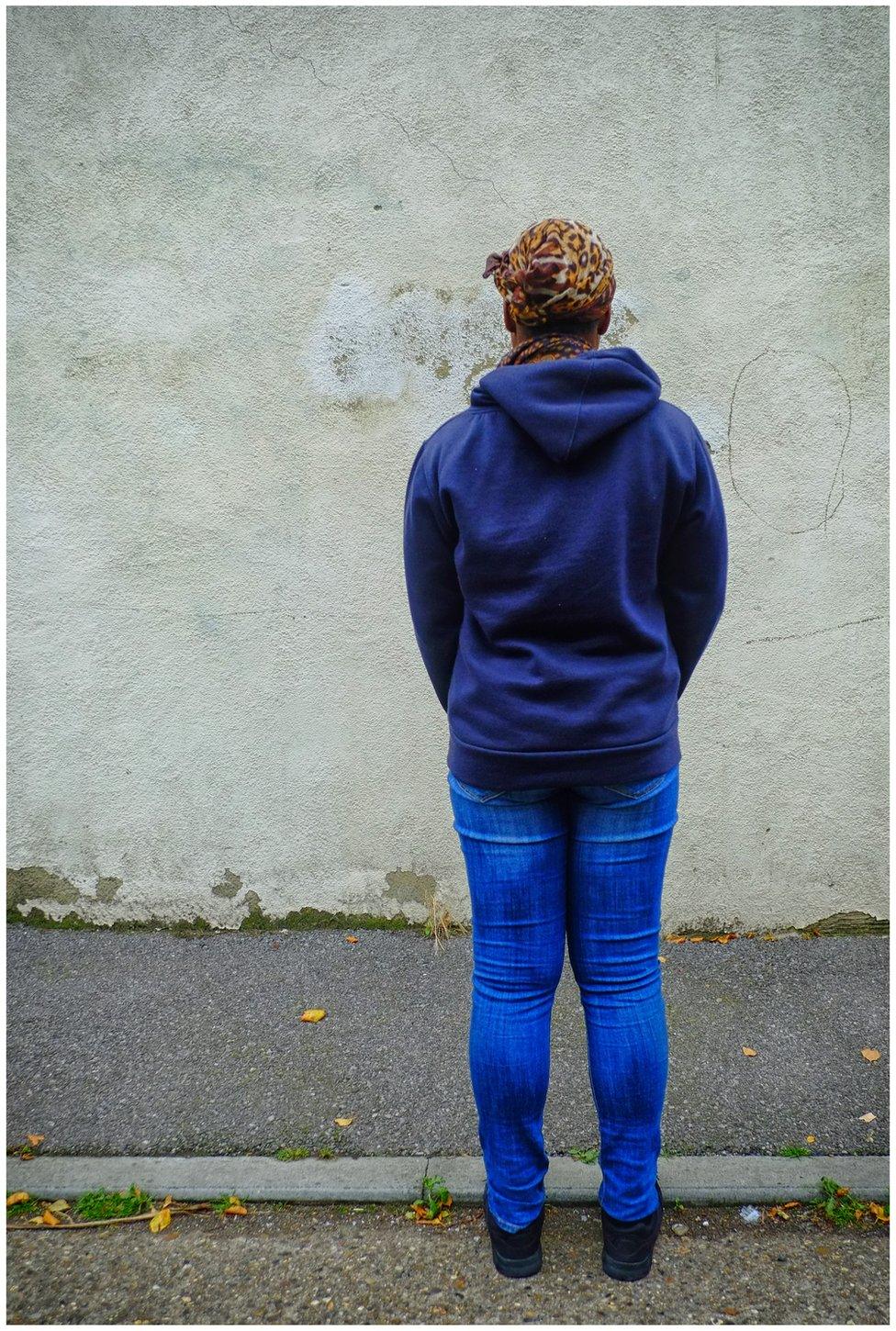
This migrant said she arrived in the UK from west Africa as a child

Amazing volunteers
"We have some amazing volunteers who give up their time to support us and we have some great staff," says Ms Earp.
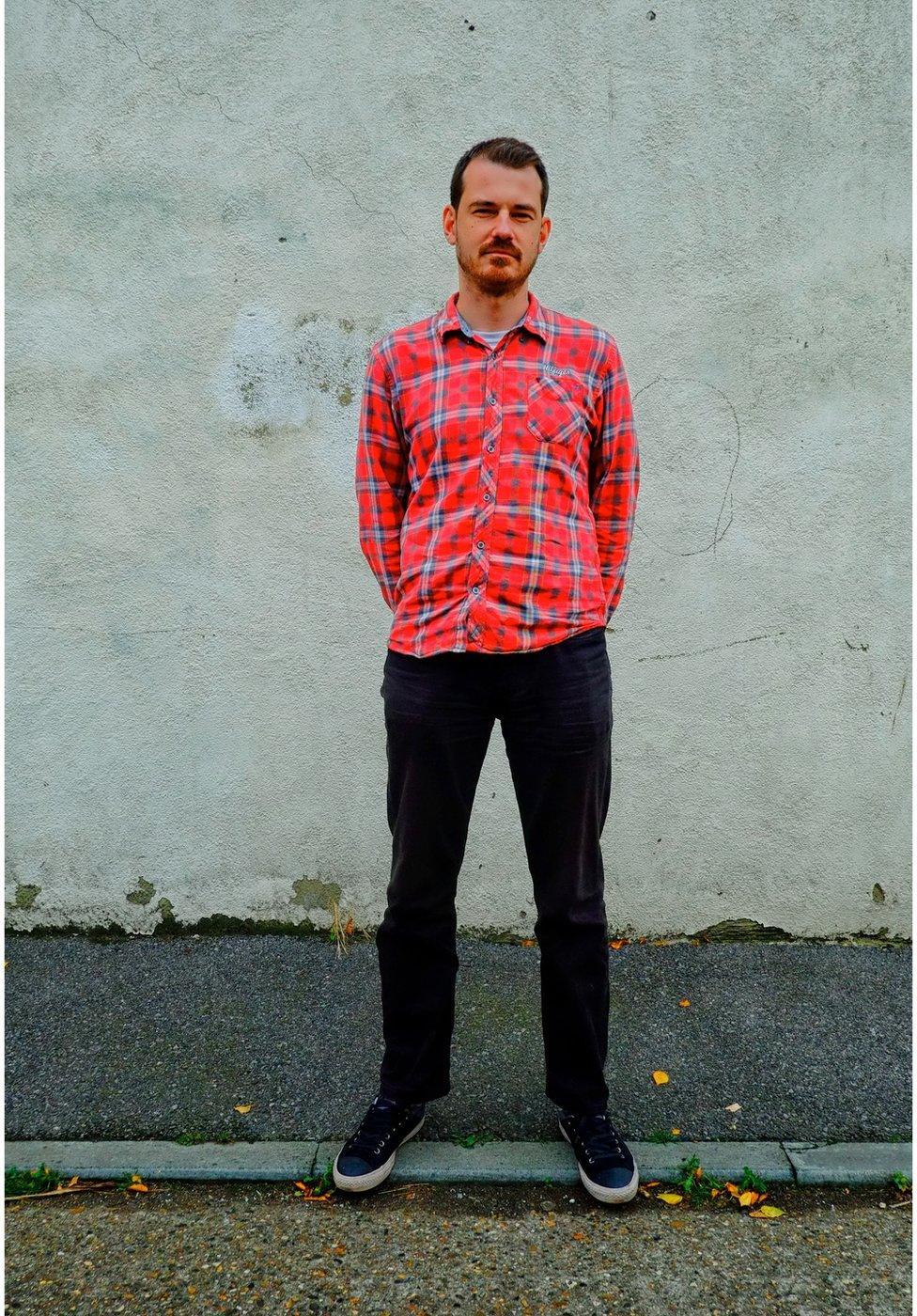
Red Cross worker Jakub Szukaj

Wouldn't leave if they didn't have to
"It is true to say they wouldn't leave their home countries if they didn't have to," said Ms Earp.
The woman below, an elderly woman, did not say where she was from or share any details about her past. But she listened intently as others spoke around the table.
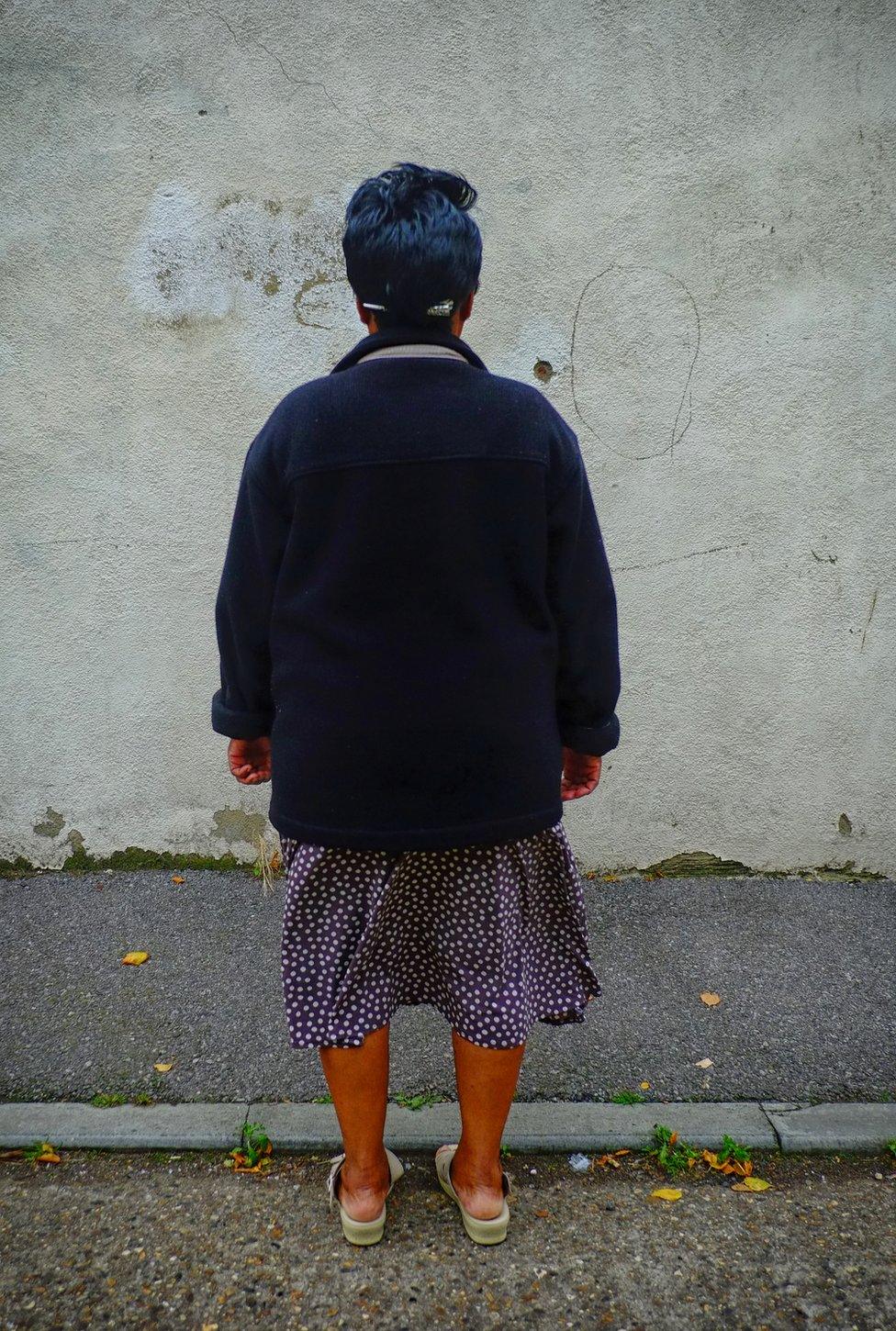
This elderly woman did not say where she was from or share any details about her past

'Punished for honesty'
Some ask why some asylum seekers choose to come to the UK.
One of the group - a man from west Africa - put it like this: "Because England is one of the big two.
"You have America and then you have England."
The man, who is in his 30s, is dressed from head to toe in clothes provided by the Red Cross refugee crisis centre. He first arrived in the UK illegally, but found work and made, he says, "good money".
But in trying to become "legitimate" - in which he informed the authorities about himself - he said he has been barred from working. "I have been punished for being honest."
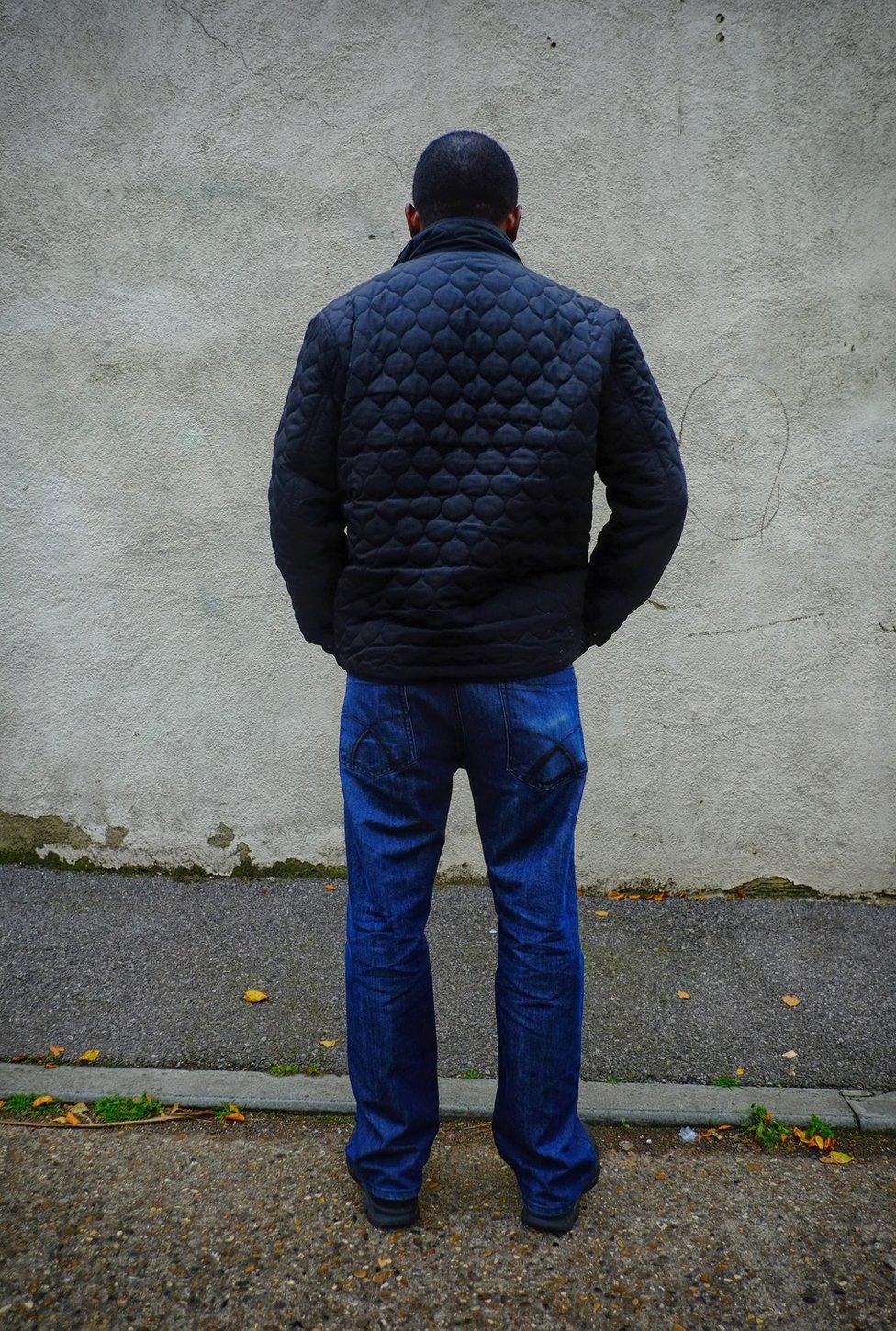
This man from west Africa entered the UK illegally and found work. Since informing the authorities of his existence, he has been unable to work

Forge new lives
"I came out of Zimbabwe when the situation was deteriorating in 2002," said one woman, whose first name is Sally.
She and her husband came to England because they knew the country having made frequent visits when he worked as an engineer. She had hoped they would forge new lives - she, having done an access to nursing course, as a nurse and he as an engineer.
But her ability to work as a nurse was ended when she broke her hip.
"We thought it would be better to come here," she said. After many years in the UK she was finally granted to leave to remain last year on the grounds of medical needs and the issues she would face if she returned to Zimbabwe.
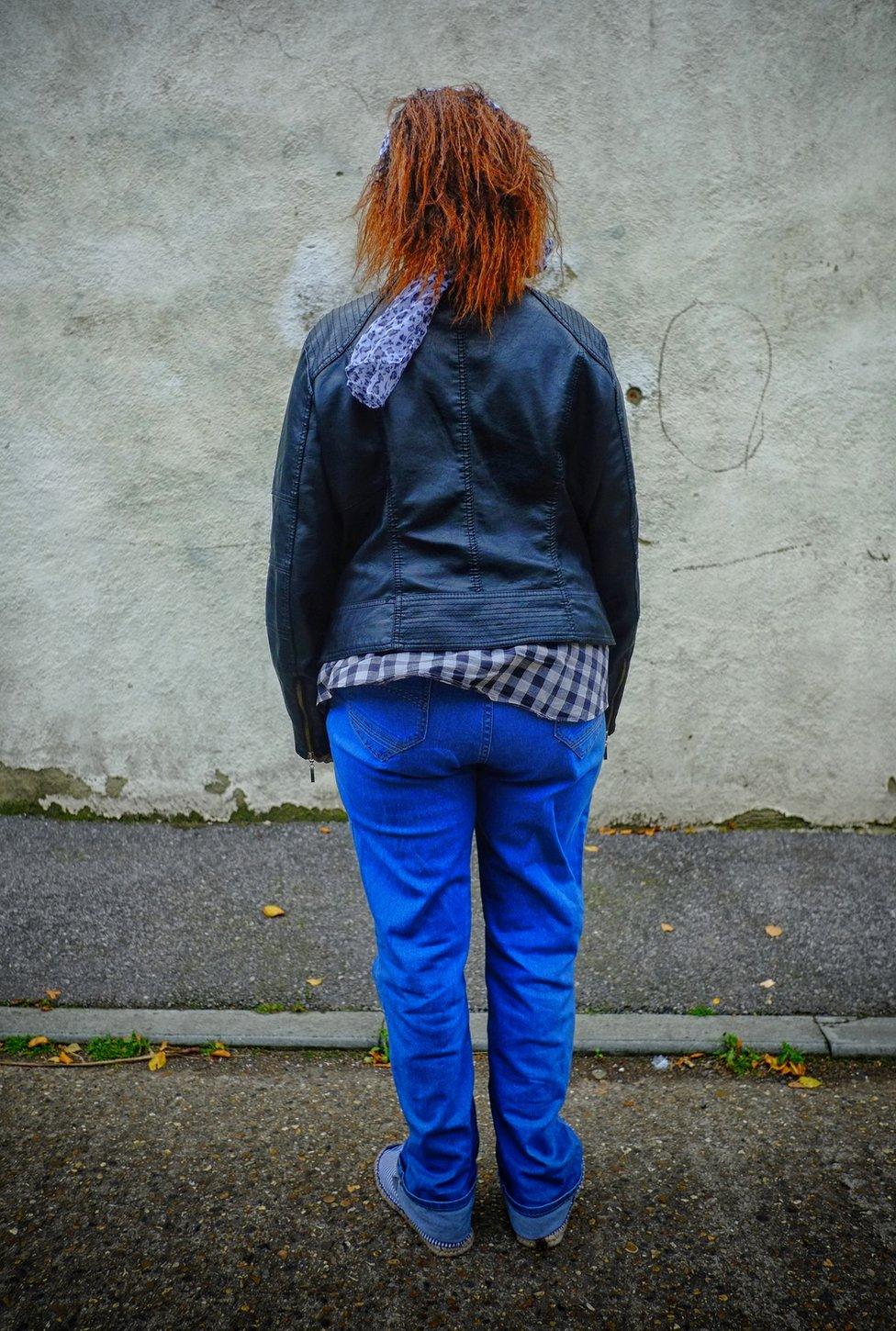
A refugee from Zimbabwe
BBC Inside Out East cameras go on patrol with Bedfordshire police to find out what happens from the moment a migrant is discovered in a lorry at 19:30 GMT on BBC One East. The programme will be available afterwards on iPlayer.
- Published25 September 2015
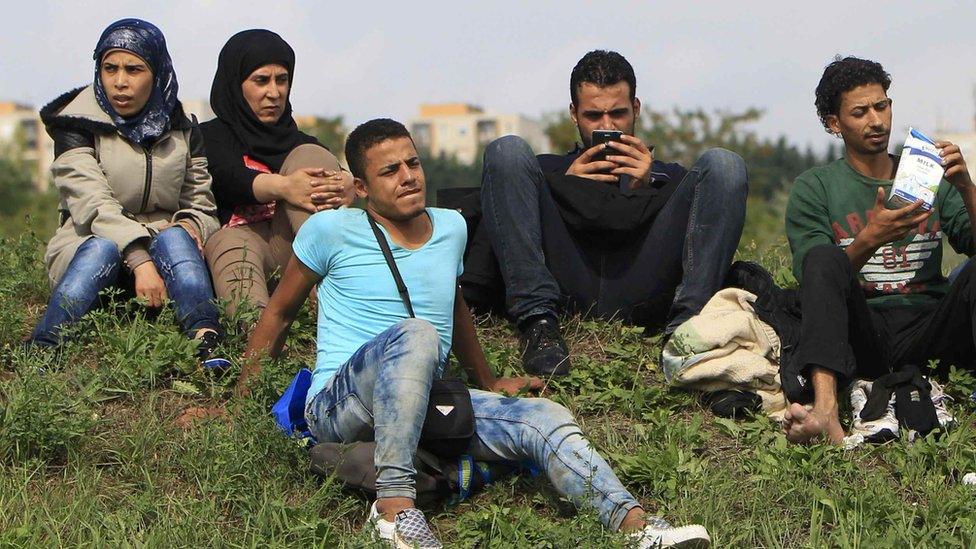
- Published4 March 2016
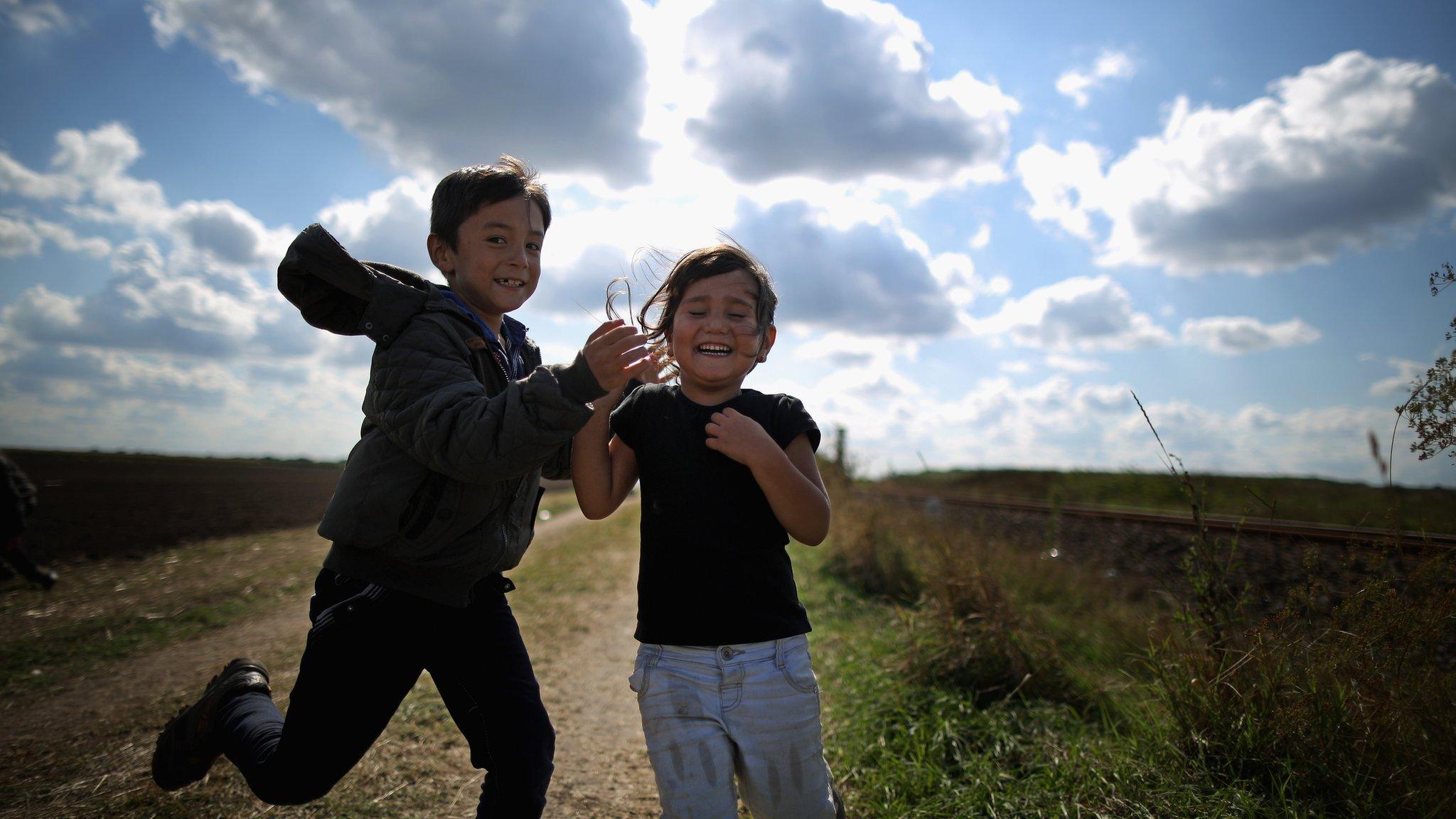
- Published22 September 2015
